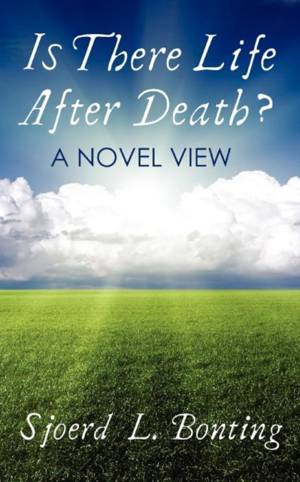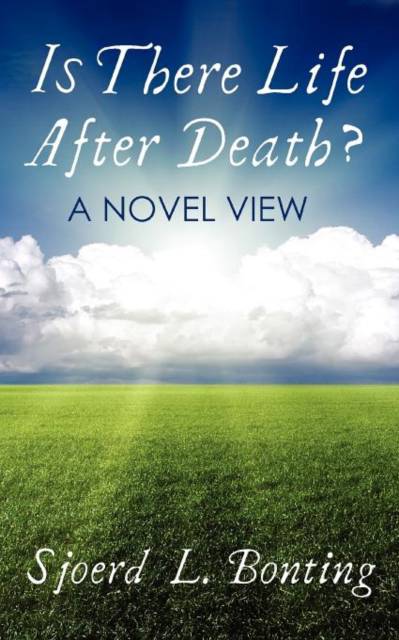
- Retrait en 2 heures
- Assortiment impressionnant
- Paiement sécurisé
- Toujours un magasin près de chez vous
- Retrait gratuit dans votre magasin Club
- 7.000.0000 titres dans notre catalogue
- Payer en toute sécurité
- Toujours un magasin près de chez vous
31,45 €
+ 62 points
Description
Is there life after death? This question is raised by many people, both believers and non-believers alike. Surveys in the Netherlands have shown that 57% of church members (Roman-Catholic and Protestant) and 55% of the unchurched believe in a life after death.1 It is remarkable that so few members and so many non-members believe this. Even more remarkable is that in both categories more people believe in life after death than in God (40% among church members and 7% of non-members). Consider that church atten¬ders, whenever they recite the Nicene Creed, affirm in the first line their belief in 'God, the Father, the Almighty' and in the last line their belief in 'the resurrection of the dead, and the life of the world to come'. All this appears to indicate a considerable degree of 'wishful thinking' among the unchurched on the one hand and a rather confused belief among many church members on the other. This seems to me sufficient reason to reconsider the question of life after death extensively and critically. The biblical grounds for the belief in life after death will be discussed. Other religions are also considered. In this context, I also discuss reincarnation belief that has come to us from eastern religions and that is accepted by 25% of church members in the Netherlands. Special attention is paid to the interim period between death and resurrection, a subject about which the Bible tells us little and on which most theologians remain silent. I consider therefore what we can learn from the so-called 'near-death experiences' about which there has been much discussion lately due to the work of scientists such as Pim van Lommel, whose recent book, Consciousness Beyond life: The Science of the Near-Death Experience, has received much attention. It appears to provide information about the interim period between death and resurrection, a subject about which the Bible tells us little and on which most theologians remain silent. It is also to consider our scientific knowledge of life and its inescapable limitation. This further requires a discussion of the images that bible and science present of the human person. In this way I arrive at a novel answer to the question: "Is there life after death?"
Spécifications
Parties prenantes
- Auteur(s) :
- Editeur:
Contenu
- Nombre de pages :
- 148
- Langue:
- Anglais
Caractéristiques
- EAN:
- 9781908733122
- Date de parution :
- 05-02-12
- Format:
- Livre broché
- Format numérique:
- Trade paperback (VS)
- Dimensions :
- 127 mm x 203 mm
- Poids :
- 167 g

Seulement chez Librairie Club
+ 62 points sur votre carte client de Librairie Club
Les avis
Nous publions uniquement les avis qui respectent les conditions requises. Consultez nos conditions pour les avis.





